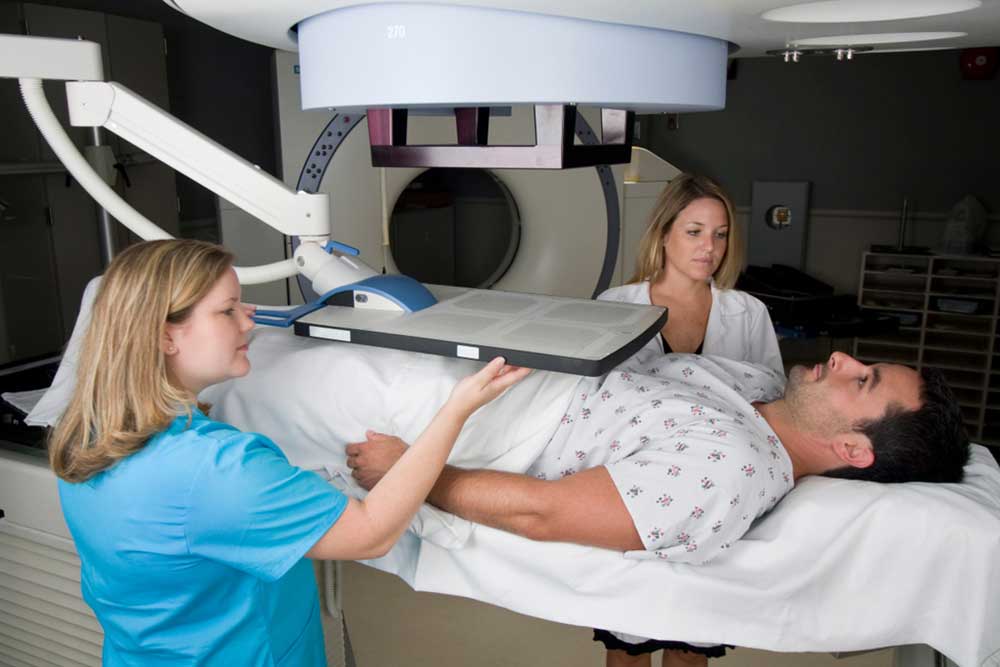Essential Signs of Lung Cancer You Shouldn't Overlook
Early detection of lung cancer significantly improves survival rates. Recognize symptoms like persistent cough, chest pain, and breathing difficulties. High-risk individuals should undergo regular screenings. If any warning signs persist, consult a healthcare professional promptly. This article highlights crucial lung cancer symptoms to watch for, emphasizing the importance of awareness and timely diagnosis to enhance treatment outcomes.

Essential Signs of Lung Cancer You Shouldn't Overlook
Early detection of lung cancer is crucial for better outcomes. Recognizing subtle symptoms can save lives—don't dismiss these warning signs.
Lung cancer involves the rapid, uncontrolled growth of abnormal cells within the lungs. These faulty cells do not serve the lungs’ normal functions and may form tumors that hinder breathing and other vital processes. As the disease progresses, cancer cells can spread beyond the lungs, leading to metastatic cancer. Often, symptoms develop gradually and are only noticeable in advanced stages, making early awareness vital.
Approximately 40% of lung cancer cases are diagnosed at later stages when prognosis is poorer. Despite its silent progression, certain early signs can help prompt diagnosis. High-risk individuals should undergo regular screenings. If persistent and seemingly minor symptoms appear, consult a healthcare professional promptly. Early identification improves survival chances significantly.
Persistent Cough
Many dismiss a lingering cough, attributing it to minor colds. However, if your cough persists beyond a couple of weeks, regardless of dry or mucus cough, see a doctor. A prolonged cough can be an early lung cancer indicator.
Changes in Persistent Cough
If you’re a smoker, you may have a chronic cough. Any alteration—such as deeper, hoarser, or increased mucus production—must be evaluated, as it could suggest early cancer development.
Chest Discomfort
Chest, shoulder, or back pain might arise from lung tumors, enlarged lymph nodes, or metastasis to the chest wall or ribs. Don’t dismiss persistent pain as just a side effect of coughing; consult your doctor to determine its cause.
Breathing Issues
Difficulty breathing or shortness of breath, especially if it limits physical activity, can be warning signs. Fluid buildup or airway obstruction from tumors could be the reason. Seek medical advice if these symptoms appear.
Wheezing or Whistling
Wheezing sounds are often linked to asthma or allergies, but persistent or new whistling during breathing should be evaluated. Blockages caused by tumors can produce similar symptoms, warranting a medical check-up.
Voice Changes
If your voice becomes notably deeper, hoarser, or raspier and the change lasts over a week, seek medical examination. Tumors pressing on nerves controlling the voice box could be the cause.
Less Obvious Symptoms
Unexplained weight loss greater than 10 pounds
Bone pain in shoulders, arms, or neck
Persistent headaches, possibly due to metastasis to the brain
If you observe any of these symptoms, consult a healthcare professional immediately for evaluation.
Note:
Our blog offers insights across various topics, based on research and data. However, it should not replace professional medical advice. We cannot guarantee the accuracy or completeness of all information, and some offers or details may vary. Always seek medical guidance for health concerns.










